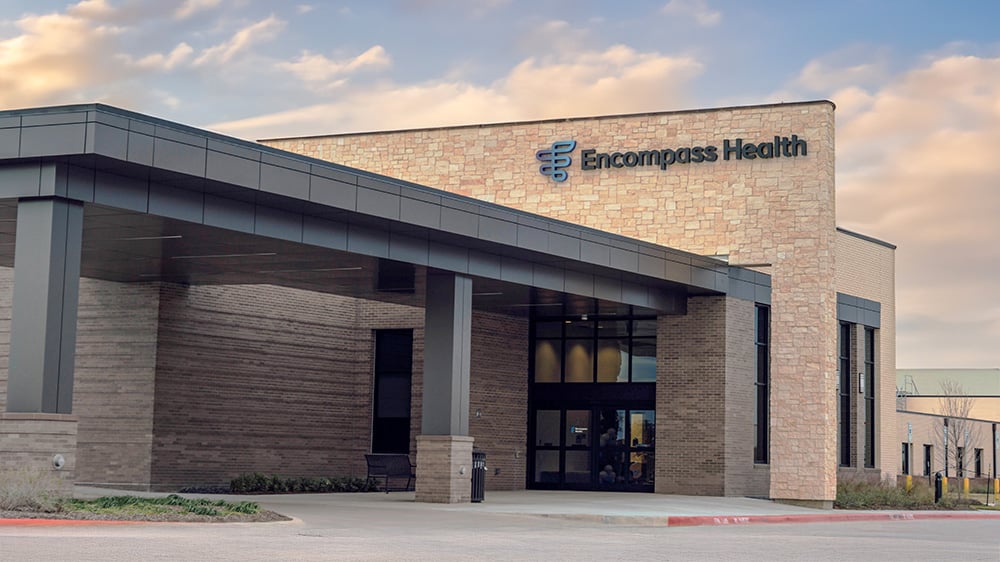Filter by
Conditions
Topics
Loading...
Success stories
Read inspiring patient stories of recovery and getting back to what matters most.
View all patient success storiesBecome our patient
Learn about the admissions process and our compassionate, personalized care.
Learn about becoming a patient